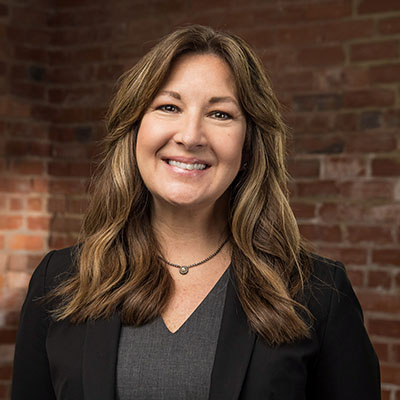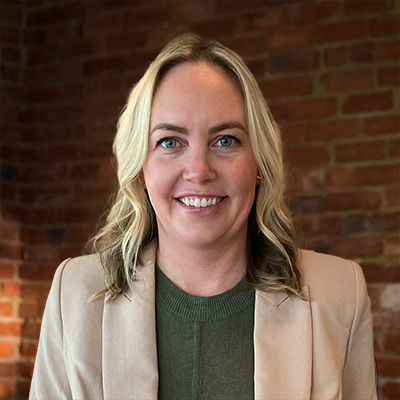Serious injuries can occur from even a simple fall. The effects of serious injury from the result of a fall can be devastating. If the fall occurs on someone else’s property, you may wonder whether the property owner should be responsible for your bills and other losses. The answer is not as simple as you may think it is.
“Slip and fall” injuries occur for many different reasons, such as when floors are wet or slippery due to spills, rain, snow and ice, or cleaning. They can occur when floors or steps are defective, or when items are misplaced and tripped over.
Do I have a “slip and fall” injury case?
Many people believe that simply because they were injured on another’s property, the property owner is responsible. This is a common misconception, and there are many common myths about these kinds of cases. Here are just a few:
- “I was injured in a huge retail chain store so they have to pay my medical bills.”
Truth: No matter how large the retailer, they are not responsible for your injuries and bills, unless you can prove they were negligent in causing your fall. - “A store employee made an incident report so they are planning to pay my medical bills.”
Truth: Employees almost always try to take down an incident report to document what happened. It doesn’t necessarily mean they are going to be responsible for your injuries or bills. - “That water/ice/spill I slipped on shouldn’t have been in the middle of the floor so they are responsible for causing my fall.”
Truth: The store is only responsible if you can prove how the substance got on the floor and that it had been there long enough that they should have known it was there and had an opportunity to clean it up. - “I saw the spill on the floor, so they should have seen it and cleaned it up.”
Truth: If you can see a spill or other dangerous condition on the floor, it is your responsibility to avoid it. In other words, you have to watch where you are walking and avoid dangerous conditions that are “open and obvious” hazards. - “I was injured in the home/apartment I am renting, so the building owner should pay my medical bills.”
Truth: If you were injured inside your rented home or apartment, you are responsible for injuries to yourself and others which occur in that part of the home or apartment to which only you have access. In other words, the owner will only be responsible if the injury occurred in an area you share with other renters such as common hallways, sidewalks and stairs.
If you are injured as the result of a slip or fall on someone else’s property, you may or may not have a case against them. If you want to pursue a claim, building a case depends on many factors, such as where the fall occurred and how the dangerous condition which caused the fall came to exist. It also depends on whether you and the owner of the property knew the dangerous condition was there. These are complicated cases.
If you or a loved one has been injured in a fall, you may have a valid claim against the property owner. The attorneys at Allen, Allen, Allen, & Allen can help you determine whether your case is valid or not. Call us for a free consultation at 1-866-388-1307.
About The Author: Bridget Long is an experienced trial attorney focusing her practice on personal injury law at Allen & Allen in Petersburg, Virginia. She has handled cases involving car accidents, catastrophic injuries and wrongful death, and has litigated cases throughout Virginia on behalf of clients injured due to the negligence of others. She is an active member of the Virginia Trial Lawyers Association and has been named a “Super Lawyer” in Virginia Super Lawyers Magazine for the past seven years. Bridget is passionate about defending the rights of the injured.




